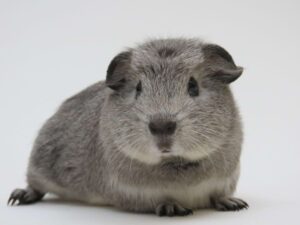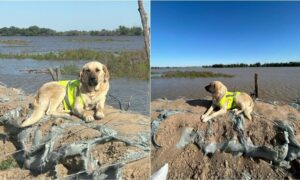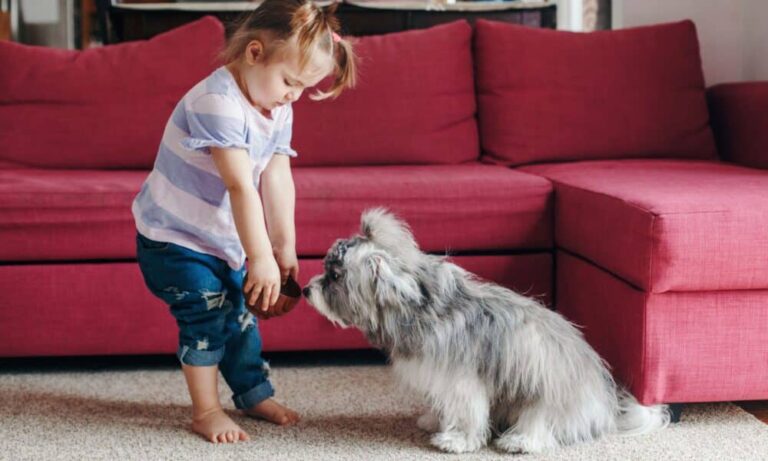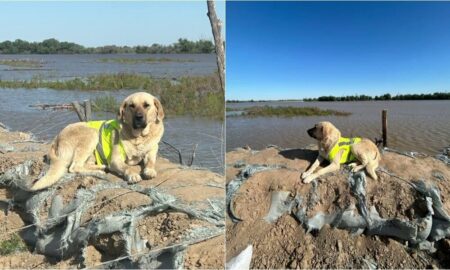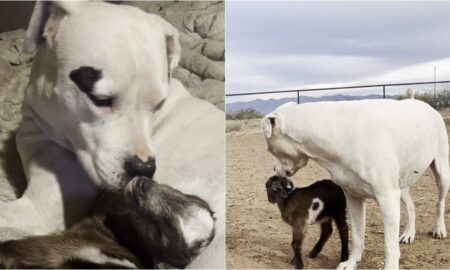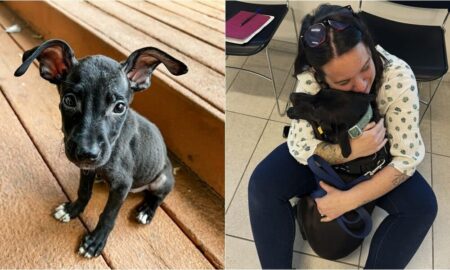
In a examine printed on January 15 within the journal Human-Animal Interactions, researchers discovered that toddlers can lengthen their empathy to animals.
The brand new peer-reviewed examine, which sought to know whether or not kids might help canines willingly, discovered that toddlers weren’t solely in a position to perceive the canines’ wants but in addition had been prepared and in a position to fulfill these wants, even when the probability of the pups repaying the favor was small.
Though that they had by no means encountered the animals earlier than, toddlers as younger as two years previous made an effort to assist canines get hold of toys and treats that had been positioned out of their attain, in response to the analysis.
Dr. Rachna Reddy, an evolutionary anthropologist and first writer of the examine, who holds posts at each Harvard College and Duke College, acknowledged “It’s actually particular to see how early this begins. From early in our growth we’ve got tendencies to behave prosocially in direction of different individuals, to attempt to perceive what’s occurring of their minds.”
The workforce noticed how 97 toddlers (51 women and 46 boys) between the ages of two and three interacted with three pleasant canines named Fiona, Henry, and Seymour in quite a lot of settings, significantly whereas helping a canine in getting a deal with or toy.
In 50% of circumstances, the toddlers supplied the canines a deal with or toy after the canines had tried and didn’t get it themselves. Compared, for objects that the canines had beforehand ignored and didn’t attempt to get, kids solely supplied these gadgets 26% of the time. Moreover, the researchers found that if a canine exhibited an curiosity within the children, the children had been twice as prone to help the canine in getting a toy or deal with.
These early infancy habits, in Reddy’s perspective, is perhaps fairly vital by way of evolution.
The research are anticipated to proceed as researchers work to understand the feelings behind kids’s urge to assist canines, how these motivations and cognitive attributions are influenced by tradition, and the way all the above change all through the course of growth.
